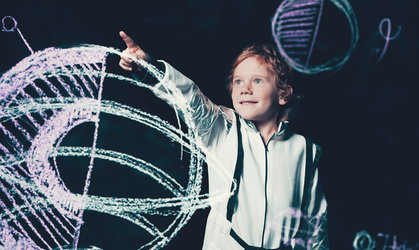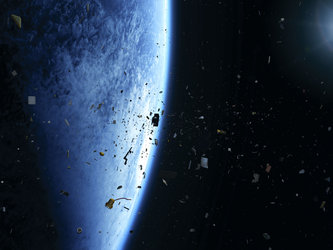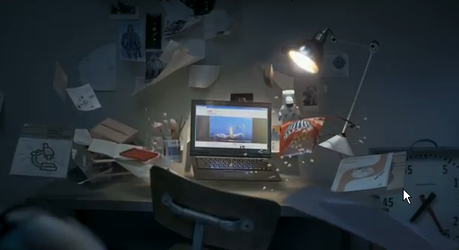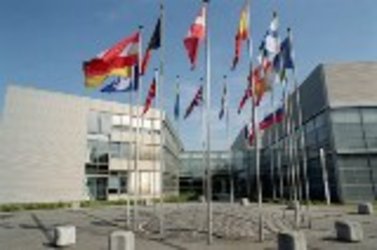YouTube SpaceLab winners to watch their experiments live from space
Winners of the YouTube Spacelab competition will get to see their experiments in space on 13 September. ESA astronaut Frank De Winne will participate in the live event, transmitted from the International Space Station to the world via YouTube.
Frank De Winne, Head of the European Astronaut Centre, acted as one of Europe’s jurors of the international student competition.
NASA, YouTube, ESA and Lenovo today announced the culmination of the YouTube SpaceLab competition in which astronauts will reveal the results of the two winning experiments live from the International Space Station and share them online on YouTube.
The livestream will connect the Station to YouTube’s London studio on Thursday, 13 September beginning at 13:30 GMT (15:30 CEST) and will be hosted by famous TV moderator Bill Nye ‘The Science Guy’.
The event includes the two global winners, Amr Mohamed from Alexandria, Egypt, and Dorothy Chen and Sara Ma, from Michigan in the USA.
The spider experiment of 18-year-old Amr was the final EMEA (Europe Middle East Africa) winner. In May, Amr presented his experiment to ESA astronauts, European students and media at ESA’s astronaut centre in Cologne, Germany.
YouTube SpaceLab science competition

YouTube SpaceLab, launched in October 2011 with partners including NASA, ESA, CSA, Japan's JAXA and Space Adventures, is a worldwide science competition that challenged 14–18-year-olds to design a science experiment for space.
The world will now see the winning experiments performed by NASA astronaut Sunita Williams during a livestream on YouTube from 400 km above Earth aboard the Space Station.
The 40-minute programme will begin with host Bill Nye interviewing the global winners and special guests such as Frank De Winne via Google+ Hangout.
The event features the story of SpaceLab told through videos since its launch last year. Then, NASA’s Mission Control will connect the UK-based TV studio to the Station for a conversation with Sunita Williams about the winning experiments.
“The YouTube SpaceLab campaign has been an excellent, creative way of reaching out to future generations of scientists, on the ground and in orbit,” comments Frank De Winne, Europe’s first commander of the orbital outpost.
Teaching an old spider new tricks?
EMEA-winner Amr Mohamed came up with an experiment to explore the question: “Can you teach an old spider new tricks?”

As part of his prize, he travelled to Russia for a one-of-a-kind astronaut training experience in Star City, the training centre for Russian cosmonauts.
He proposed investigating the effects of microgravity on how the zebra spider catches its prey, and whether it could adapt its behaviour in space.















 Germany
Germany
 Austria
Austria
 Belgium
Belgium
 Denmark
Denmark
 Spain
Spain
 Estonia
Estonia
 Finland
Finland
 France
France
 Greece
Greece
 Hungary
Hungary
 Ireland
Ireland
 Italy
Italy
 Luxembourg
Luxembourg
 Norway
Norway
 The Netherlands
The Netherlands
 Poland
Poland
 Portugal
Portugal
 Czechia
Czechia
 Romania
Romania
 United Kingdom
United Kingdom
 Sweden
Sweden
 Switzerland
Switzerland
































